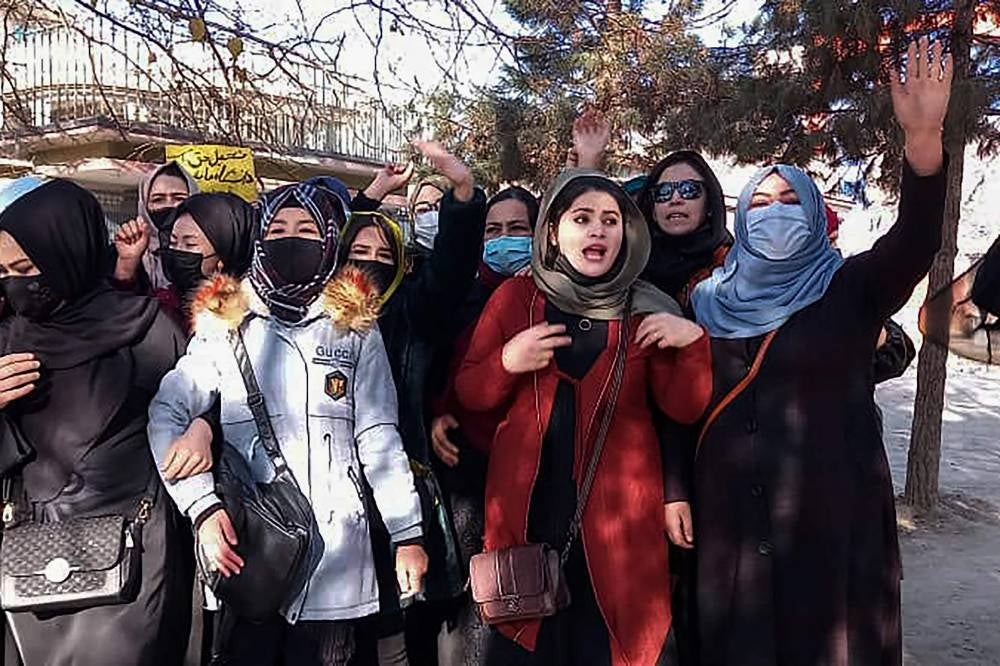Taliban ban on universities for women contradicts Islamic teachings - Dr Zulkifli
ILI LIYANA MOKHTAR
KUALA LUMPUR: The Taliban government's move to ban university education for all women in Afghanistan is contradictory to Islamic teachings.
In a statement uploaded on Twitter, Senator Datuk Dr Zulkifli Mohamad Al-Bakri said the choice made by Afghanistan authorities to deny Afghan women access to university education clearly contradicts Islamic principles and the rights of both men and women to seek knowledge.
" I commend Grand Imam of Al-Azhar Ahmed El-Tayeb's stand on this matter, both genders are honourable and serve as Allah's vicegerent on Earth.
" Education is both a right and an obligation for all men and women, even the Prophet Muhammad had once declared in a hadith that seeking knowledge is an obligation of every muslim." Dr Zulkifli wrote.
He went on to elaborate that the hadith clearly states that acquiring knowledge is obligatory (fard) for all muslims, men and women alike.
Zulkifli who is also the former minister in the prime minister’s department for (religious affairs) said as the word 'kullu' which translates to 'every' appears in the hadith therefore it refers to all Muslims, both men and women.
" The hadith also implies that generating and teaching knowledge is not only done by males, but also by women.
"Thus, what they are doing is absolutely not in favour of Islam, and creates more misunderstandings and Islamophobia; a combination of prejudice, fear, and hatred toward muslims and Islam," he wrote
Zulkifli added that female muslim scholars have played prominent roles in early Islamic history, including A’ishah bint Abu Bakr, Ummu Salamah bint Abu Umayyah, Hafsah bint Umar, and many more.
They were female companions of the Prophet (PBUH), some of whom became teachers and masters to other companions of the prophet male and female alike.
Zulkifli said it was interesting to note that al-Dhahabi a leading scholar and historian in Islam, had listed more than 160 prominent Muslim male scholars who had learnt from A’ishah, the Prophet's wife who was a specialist on Quranic exegesis (tafsir), Prophetic traditions (hadith), and Islamic jurisprudence (fiqh).
" I urge Afghanistan authorities to reconsider their decision because the truth is more deserving of being followed," he stressed.
Earlier this week, the Taliban announced banning women from universities in Afghanistan, triggering global condemnation and disappointment.
Taliban’s minister of higher education Neda Mohammad Nadeem said on Thursday that the ban came as women have not abided by the dress code and as some school subjects were not suitable for them.
Among the Islamic countries that have called for the decision to be overturned are Saudi Arabia, Qatar, the UAE, Turkey, Pakistan and Indonesia.
Human Rights Watch criticized the ban on Tuesday, calling it a “shameful decision that violates the right to education for women and girls in Afghanistan.” “The Taliban are making it clear every day that they don’t respect the fundamental rights of Afghans, especially women,” the rights watchdog said in a statement.











